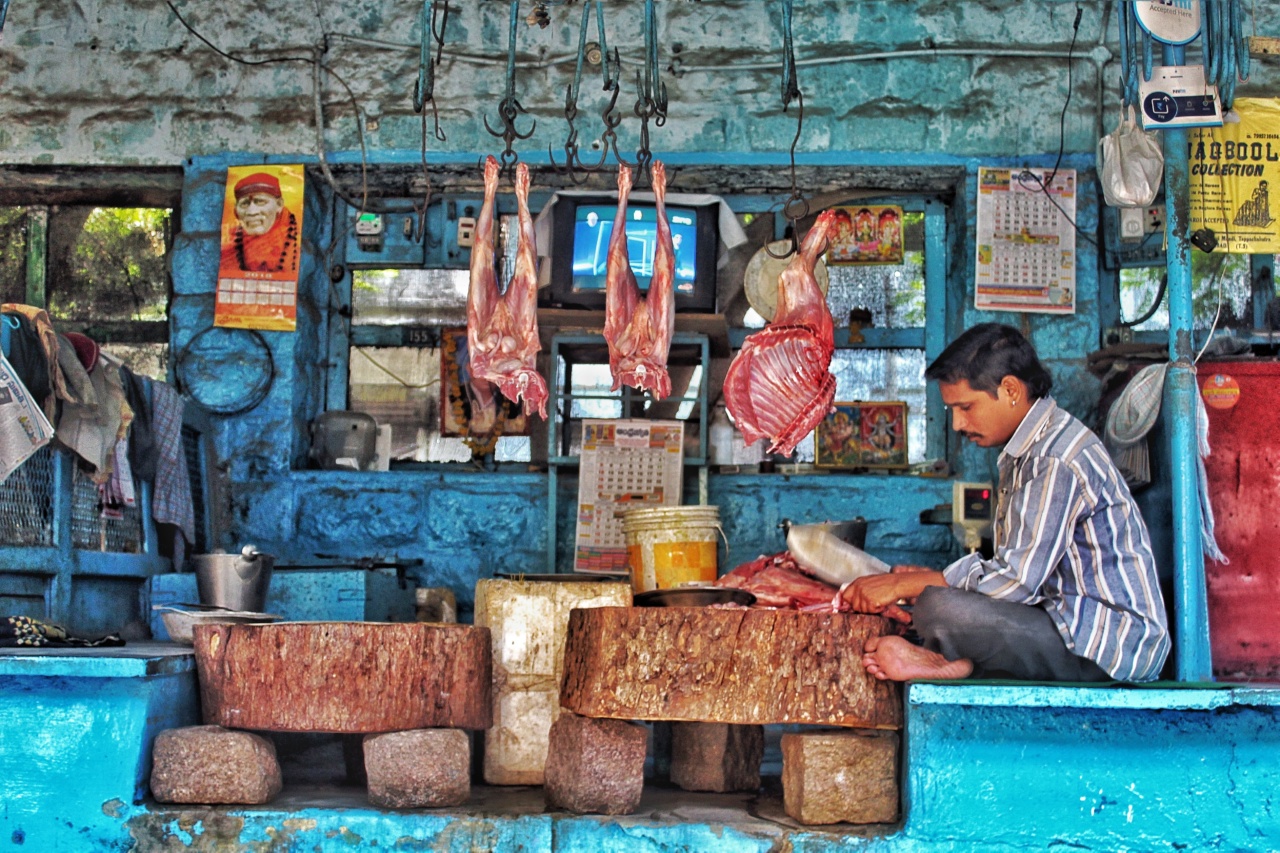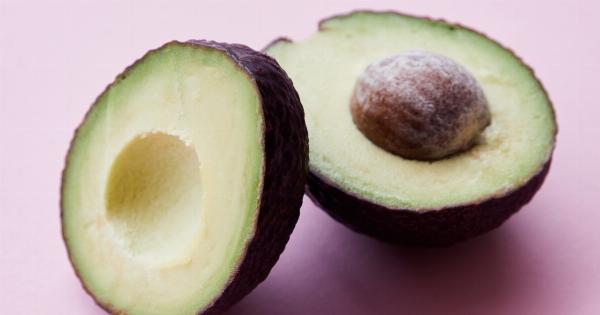It’s no secret that many men have an obsession with meat. It’s a classic stereotype that men love to grill, eat large portions of meat, and talk about the latest cut they’ve tried. But why is this the case? What drives this obsession, and is it healthy?.
The History and Evolution of the Meat Obsession
The obsession with meat is not a new phenomenon. For most of human history, meat was a precious commodity, and those who had access to it were considered wealthy and powerful.
In ancient societies, kings and rulers would often flaunt their wealth by hosting lavish feasts where meat was the centerpiece.
As societies developed and technology advanced, meat became more readily available and affordable. Meat markets popped up in cities, providing easy access to fresh meat.
With the rise of industrial agriculture, meat production increased dramatically, and today, meat is more accessible than ever before.
But there is still a certain allure to meat, especially for men. Eating meat is often associated with strength and virility, and many men feel that their masculinity is tied to their ability to eat large quantities of meat.
In some cases, this obsession with meat can become dangerous, leading to overconsumption and health problems.
Is the Meat Obsession Healthy?
While meat provides important nutrients like protein and iron, consuming too much meat can be harmful to our health. Studies have linked high meat consumption to an increased risk of heart disease, cancer, and other health problems.
Red and processed meats, in particular, have been shown to be particularly harmful when consumed in large amounts.
Despite these risks, many men continue to indulge in their love of meat. Some argue that meat is essential for building muscle and maintaining strength, especially for those who are physically active.
However, there are many non-meat sources of protein and other nutrients that can provide the same benefits without the health risks associated with meat consumption.
The Ethical Implications of Meat Consumption
For some men, the obsession with meat goes beyond just a love of the taste and a desire for protein. It’s also tied to larger cultural issues around masculinity and dominance.
The meat industry is known for its negative impact on the environment and for the mistreatment of animals. For some men, the ability to consume meat is seen as a demonstration of power over animals and the environment.
This attitude can be problematic and may contribute to a culture of indifference towards animal welfare and environmental conservation.
Alternatives to a Meat-Based Diet
For those looking to reduce their meat consumption, there are many alternative sources of protein and other nutrients.
Plant-based protein sources like beans, lentils, and soy products can provide all the essential amino acids, while also being low in fat and cholesterol. Other non-meat sources of protein include eggs, dairy products, and seafood.
It’s also worth noting that reducing meat consumption can have a positive impact on the environment. Livestock production is a major contributor to greenhouse gas emissions, deforestation, and water pollution.
By reducing our meat consumption, we can help mitigate these environmental problems.
Conclusion
The male obsession with meat has its roots in a long history of meat being seen as a symbol of wealth and power.
While there are certainly health benefits to consuming meat in moderation, the risks of overconsumption and the ethical implications of the meat industry are important issues to consider. There are many alternative sources of protein and other nutrients that can provide the same benefits as meat, while also contributing to a more sustainable and ethical food system.






























